- Your cart is empty
- Continue shopping
Shop
STOOL OB

Definition
Flushable reagent stool blood test is an at-home test to detect hidden blood in the stool.
Alternative Names
Stool occult blood test – flushable home test; Fecal occult blood test .
How the Test is Performed
FECAL SAMPLE IN A CLEAN CONTAINER
To do the test:
- Urinate if you need to, then flush the toilet before having a bowel movement.
- After the bowel movement, place the disposable pad in the toilet.
- Watch for a change of color on the test area of the pad. Results will appear in about 2 minutes.
- Note the results on the card provided, then flush the pad away.
- Repeat for the next two bowel movements.
The different tests use different ways to check for water quality. Check the package for instructions.
How to Prepare for the Test
Some medicines may interfere with this test.
Check with your provider about changes in your medicines you may need to make. Never stop taking a medicine or change how you take it without first talking to your provider.
Check test package to see if there are any foods you need to stop eating before doing the test.
How the Test will Feel
This test involves only normal bowel functions, and there is no discomfort.
Why the Test is Performed
This test is mainly performed for colorectal cancer screening. It may also be done in the case of low levels of red blood cells (anemia).
Normal Results
A negative result is normal. It means you have no evidence of gastrointestinal bleeding.
Normal value ranges may vary slightly among different labs. Talk to your provider about your test results.
What Abnormal Results Mean
Abnormal results of the flushable pad mean there is bleeding present somewhere in the digestive tract, which may be caused by:
- Swollen, fragile blood vessels in the colon that may result in blood loss
- Colon cancer
- Colon polyps
- Enlarged veins, called varices, in the walls of the esophagus (the tube that connects your throat to your stomach) that bleed
- When the lining of the stomach or the esophagus becomes inflamed or swollen
- Infections in the stomach and intestines
- Hemorrhoids
- Crohn disease or ulcerative colitis
- Ulcer in the stomach or first part of the intestines
Other causes of a positive test, which do not indicate a problem in the gastrointestinal tract, include:
- Coughing up and then swallowing blood
- Nose bleed
Abnormal test results require follow-up with your doctor.

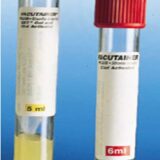
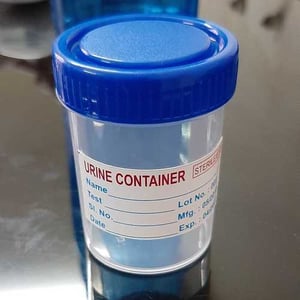
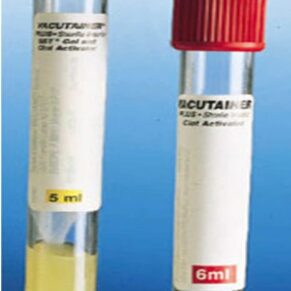
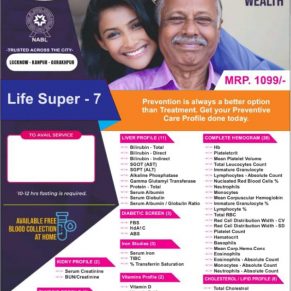
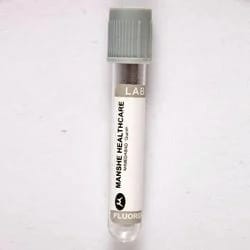
Customer reviews
Reviews
There are no reviews yet.
Write a customer review